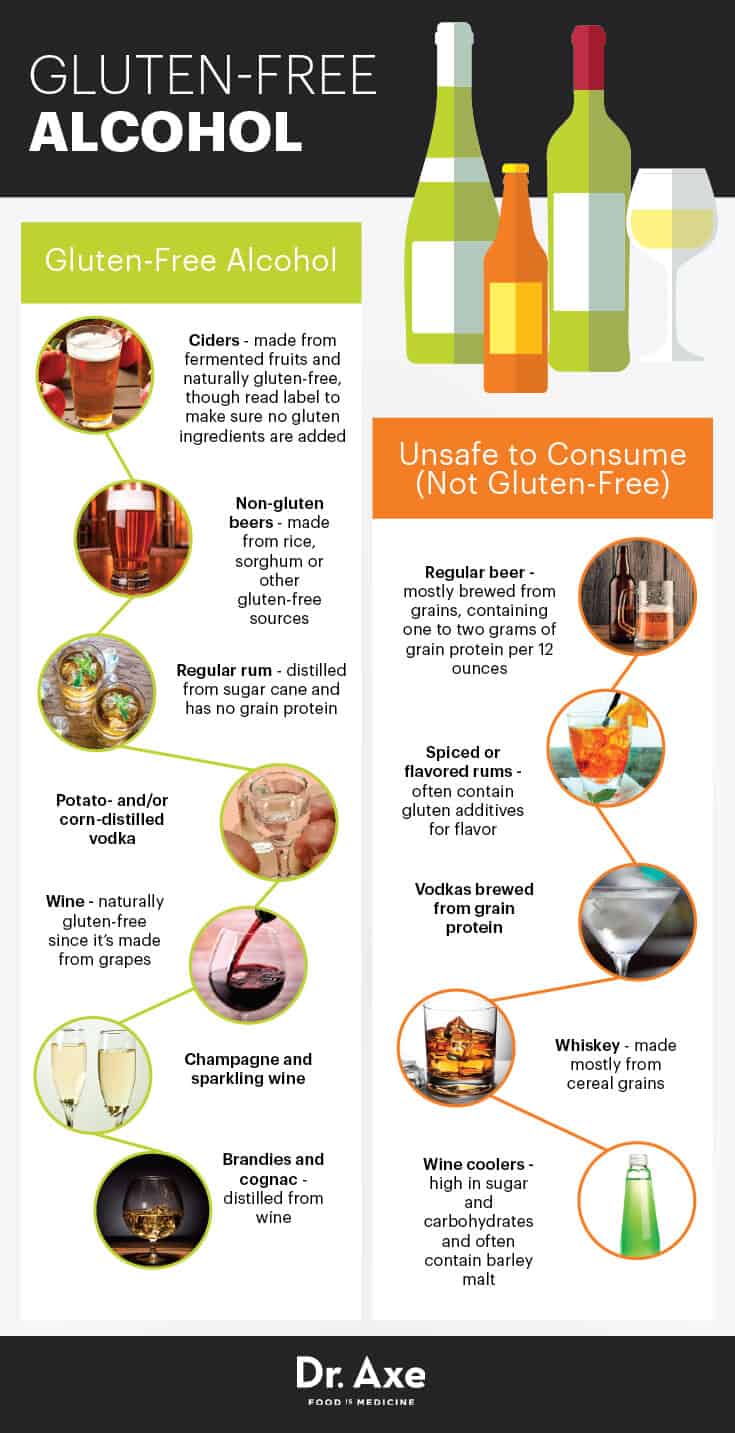This Dr. Axe content is medically reviewed or fact checked to ensure factually accurate information.
With strict editorial sourcing guidelines, we only link to academic research institutions, reputable media sites and, when research is available, medically peer-reviewed studies. Note that the numbers in parentheses (1, 2, etc.) are clickable links to these studies.
The information in our articles is NOT intended to replace a one-on-one relationship with a qualified health care professional and is not intended as medical advice.
This article is based on scientific evidence, written by experts and fact checked by our trained editorial staff. Note that the numbers in parentheses (1, 2, etc.) are clickable links to medically peer-reviewed studies.
Our team includes licensed nutritionists and dietitians, certified health education specialists, as well as certified strength and conditioning specialists, personal trainers and corrective exercise specialists. Our team aims to be not only thorough with its research, but also objective and unbiased.
The information in our articles is NOT intended to replace a one-on-one relationship with a qualified health care professional and is not intended as medical advice.
Gluten-Free Alcohol: What’s Safe vs. What’s Not
June 21, 2017

Wine, vodka, gin and … gluten-free alcohol? You might have noticed a new line of adult beverages lining liquor store shelves.
As celiac disease becomes more widely known and gluten intolerances are being identified, alcohol makers have jumped on to provide suitable options. So can you still enjoy a night on the town while embracing a grain-free lifestyle? Can you keep your gluten sensitivity diet without giving up alcoholic beverages completely? Read on.
Does Alcohol Have Gluten?
What’s the deal with gluten in regard to alcohol? You might be surprised to learn that gluten is present in some alcohols. That’s because the protein is found in barley, rye, wheat and other proteins, key ingredients in many alcohols.
For those who just prefer not eating gluten but do not have a gluten sensitivity, allergy or celiac disease, drinking alcohol that contains the protein is safe, though pounding drinks regularly can cause weight gain (note: that applies to everyone!). And while alcohol can be good for you in moderation, such as red wine, it’s harmful to your health if you overdo it.
But for those who have an allergy or celiac disease, consuming beverages with gluten can have more serious repercussions, ranging from headaches, bloating and chronic fatigue syndrome to abdominal pain, liver problems and intestinal damage.
However, a gluten-free diet doesn’t mean you have to keep away from enjoying an adult drink entirely. Here’s how to go gluten-free while still consuming alcohol.
Gluten-Free Alcohol: What’s Safe and What’s Not
Beer and Cider
Beer tends to have the most adverse effects on those with celiac disease or gluten sensitivities, since most beers are brewed from grains. Most “regular” beers contain one to two grams of grain protein per 12 ounces. While it’s not much, it is enough to trigger a reaction.
As gluten sensitivities become more common, however, some brewers are producing gluten-free beers. These gluten-free alcohol drinks use non-gluten ingredients like rice and sorghum.
Most hard ciders are made from fermented fruits, like apples, making them naturally gluten-free, but be sure to read labels. Some might add ingredients like barley to enhance the flavor.
Hard Liquor
This is when things get tricky. Technically, any distilled spirit is a gluten-free alcohol. That’s because, during the distillation process, the alcohol is separated from everything else.
However, U.S. law prohibits beverages that contained grains at any point in the manufacturing process from sporting a gluten-free label. Plus, there is the possibility that post-distillation additives, like flavors and colors, contain gluten. Therefore, if you are highly sensitive to gluten, you might want to avoid any liquor that was brewed from grains anyway to minimize your risk of a reaction.
Additionally, it’s important to note that people react quite differently to alcohol — technically a poison to your body — and a bad reaction might not necessarily be because of gluten. It could be from an additive (a certain amount are allowed in spirits without having to be labeled) or a reaction to combining alcohol with a certain medication.
Your best bet before trying a new alcohol is to have a small amount and wait and see if your body reacts negatively. Plain versions of each spirit are best; flavored versions can add unwanted additives and preservatives that cause a reaction.
But how can you be sure? According to the Alcohol and Tobacco Tax and Trade Bureau and FDA, gluten content must be less than 20 parts per million for distilled spirits to be labeled as gluten-free. In addition, there are no existing studies that show distilled spirits cause adverse effects for those with celiac disease.
Rum
Because it’s distilled from sugar cane, rum has no grain protein residues. Steer clear of spiced or flavored rums, however.

Vodka
If you’re severely intolerant of grains, you might want to steer clear of vodkas brewed from the protein and stick with those free from any grain proteins.
Chopin vodka is made from potatoes while Tito’s is distilled from corn. Blue Ice vodka’s American Potato Vodka became the first spirit to receivegluten-free labeling in May 2013.
Whiskey
Most whiskey is made from cereal grains, which contain gluten. Again, while the final product should not contain gluten proteins in a level unsafe for those with celiac disease, people who are highly sensitive to gluten might want to avoid it altogether.
Wine
Here’s something to “cheers” about: Wine is a naturally gluten-free alcohol. No matter the color or type, it remains safe because it’s made from grapes; all fruits are gluten-free and safe for those with celiac to consume.
Plus, thanks to the health benefits of red wine, sipping a glass can actually be good for you! For instance, red wine may help fight obesity, among other benefits.
Champagne and sparkling wine are also safe to drink. Beware that individuals who are highly sensitive to gluten might still have a reaction after drinking wine. This is due to the caulking in the barrels the wines were aged in and not the wine itself. Note the brand and avoid it in the future.
And wine coolers, which are high in sugar and carbohydrates, should be avoided. These usually contain barley malt, as they’re not pure wine.
Brandies and cognac, because they’re distilled from wine, are generally safe.
Final Thoughts
Your body’s reaction to alcohol is highly personal. Use these tips to help you select something at the store, but be sure to monitor how you feel during and after drinking and note any adverse effects.
And when you find something you enjoy that your body can tolerate, enjoy. Bottoms up!



